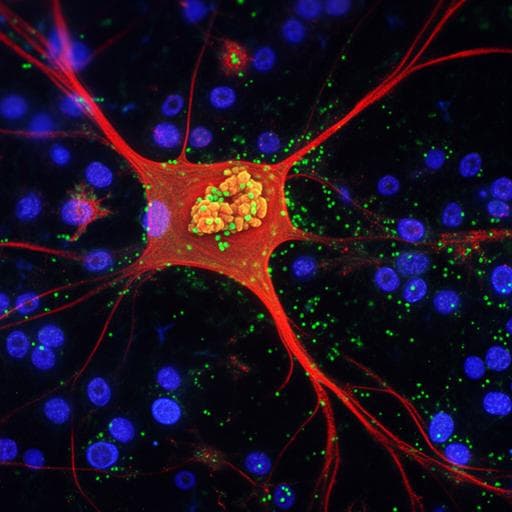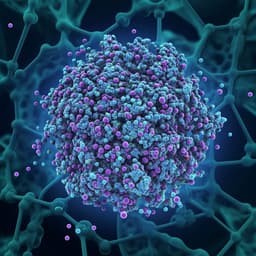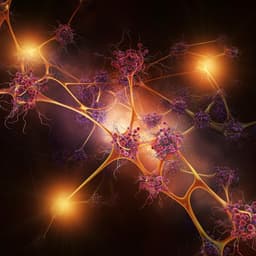
Medicine and Health
Turn-on chemiluminescence probes and dual-amplification of signal for detection of amyloid beta species in vivo
J. Yang, W. Yin, et al.
Discover how researchers Jing Yang, Wei Yin, and colleagues have developed ADLumin-1, an innovative turn-on chemiluminescence probe that effectively targets amyloid beta species. This groundbreaking probe not only crosses the blood-brain barrier but also enhances imaging of Aβ plaques, presenting new possibilities for understanding neurodegenerative diseases.
Related Publications
Explore these studies to deepen your understanding of the subject.







